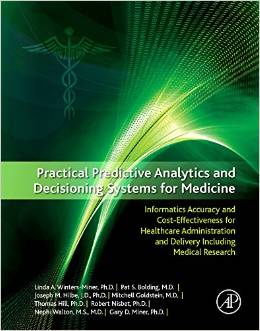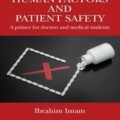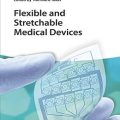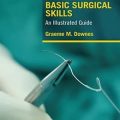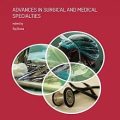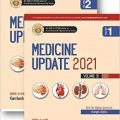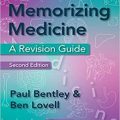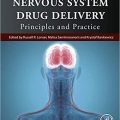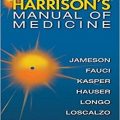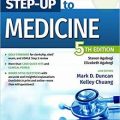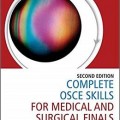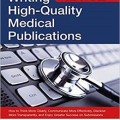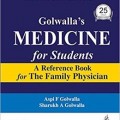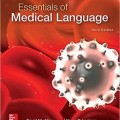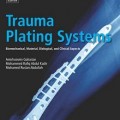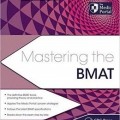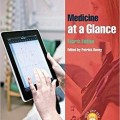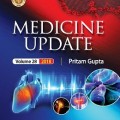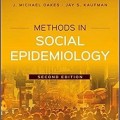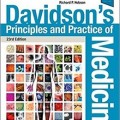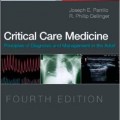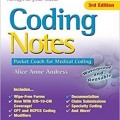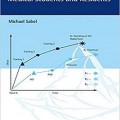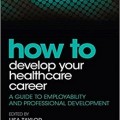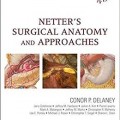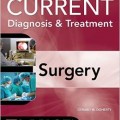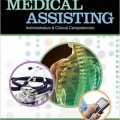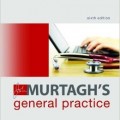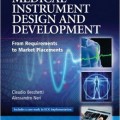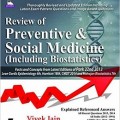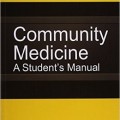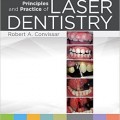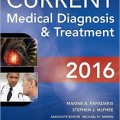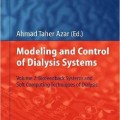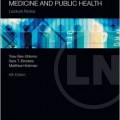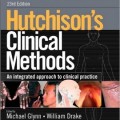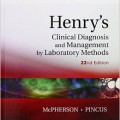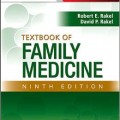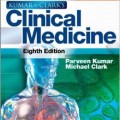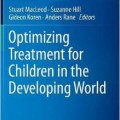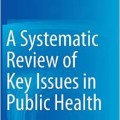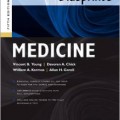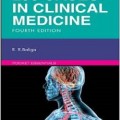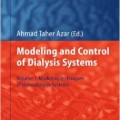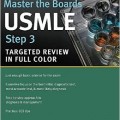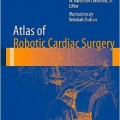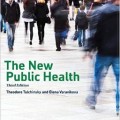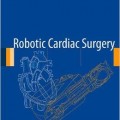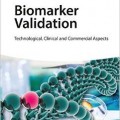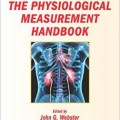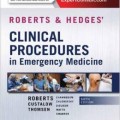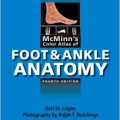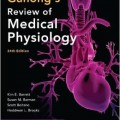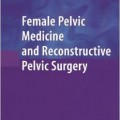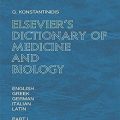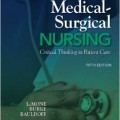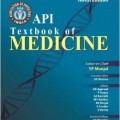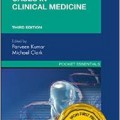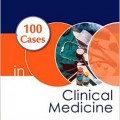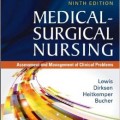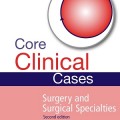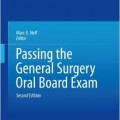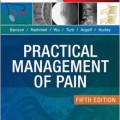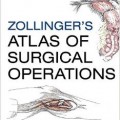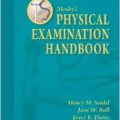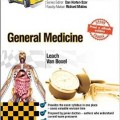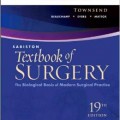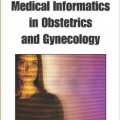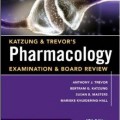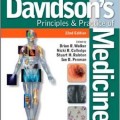دانلود کتاب تجزیه و تحلیل پیشگویانه سیستم های تصمیم گیری پزشکی
Practical Predictive Analytics and Decisioning Systems for Medicine
With the advent of electronic medical records years ago and the increasing capabilities of computers, our healthcare systems are sitting on growing mountains of data. Not only does the data grow from patient volume but the type of data we store is also growing exponentially. Practical Predictive Analytics and Decisioning Systems for Medicine provides research tools to analyze these large amounts of data and addresses some of the most pressing issues and challenges where data integrity is compromised: patient safety, patient communication, and patient information. Through the use of predictive analytic models and applications, this book is an invaluable resource to predict more accurate outcomes to help improve quality care in the healthcare and medical industries in the most cost–efficient manner. Practical Predictive Analytics and Decisioning Systems for Medicine provides the basics of predictive analytics for those new to the area and focuses on general philosophy and activities in the healthcare and medical system. It explains why predictive models are important, and how they can be applied to the predictive analysis process in order to solve real industry problems. Researchers need this valuable resource to improve data analysis skills and make more accurate and cost-effective decisions.
- Includes models and applications of predictive analytics why they are important and how they can be used in healthcare and medical research
- Provides real world step-by-step tutorials to help beginners understand how the predictive analytic processes works and to successfully do the computations
- Demonstrates methods to help sort through data to make better observations and allow you to make better predictions
Review
About the Author
Pat Bolding, MD, FAAFP is a practicing board certified family physician. He has used an EMR (Electronic Medical Record) since his residency training in the mid 1980’s which at the time was the “pioneering” Technicon Medical Information System. Later, as the CEO of a large family practice group (which also hosted a 30 resident training program), he led the selection and implementation of several EMR systems, beginning with the text-based Medic Autochart then Misys EMR and finally the A4-Healthmatics system. In 2007, he joined a multi-specialty group practice/integrated delivery system where he serves on the EMR committee which oversaw the implementation of the NextGen ambulatory EMR. More recently he was a member of the search committee that chose the Epic system to replace NextGen. He is a frequent speaker on health/medical topics and has a special interest in evidence-based medicine. He is an adjunct faculty member of Southern Nazarene University, teaching in the Health Care MBA program.
Joseph M. Hilbe is an emeritus professor at the University of Hawaii, an adjunct professor of statistics at Arizona State University, and a Solar System Ambassador with NASA/Jet Propulsion Laboratory, Caltech. An elected Fellow of the American Statistical Association and elected member of the International Statistical Institute, Dr. Hilbe is currently President of the International Astrostatistics Association, is a full member of the American Astronomical Society, and Chairs the Statistics in Sports section of the American Statistical Association (ASA). He has authored fifteen books in statistical modeling, and over 200 book chapters, encyclopedia entries, journal articles, and published statistical software, and is currently on the editorial board of seven academic journals. During the 1990’s Dr Hilbe was on the founding executive committee of the ASA Section on Health Policy Statistics, and served in various capacities in the health research industry, including: CEO of National Health Economics and Research Corp.; Director of Research at Transitional Hospitals Corp, a national chain of long term hospitals; Senior Statistician of NRMI-2, Genentech’s National Registry for Myocardial Infarctions; lead biostatistical consultant, Hoffman-La Roche’s National Canadian Registry for Cardiovascular Disease; and was Senior Statistical Consultant for HCFA’s Medicare Infrastructure Project.


